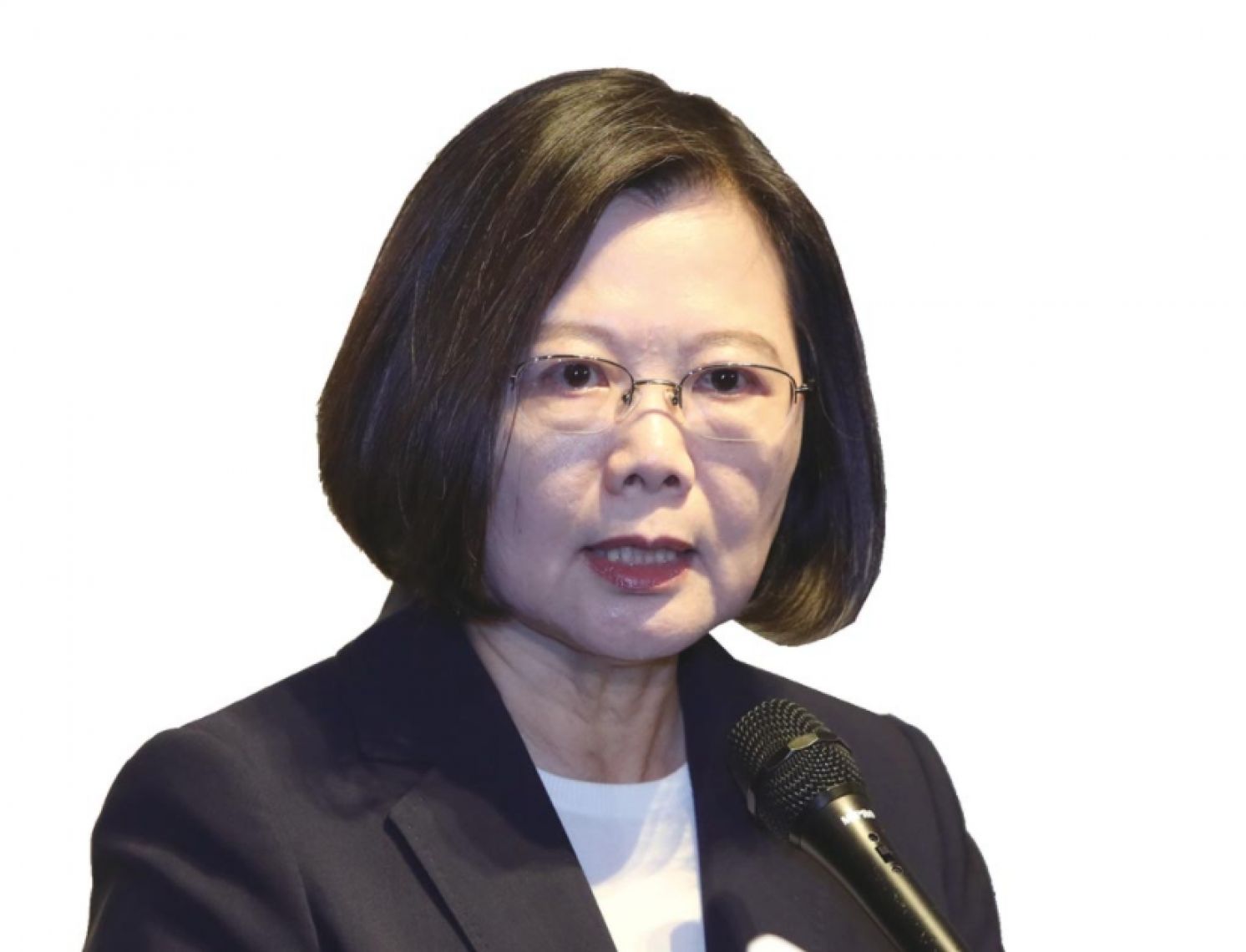
What After Eating Pineapples in Grief and Indignation?
By Fang Hsu
China Times, February 27, 2021
China’s General Administration of Customs recently announced suspending importation of Taiwanese pineapples effective March 1 sent shockwaves across Taiwan. Some 12.5 percent of Taiwan's pineapples are exported, and over 90 percent are sold to the mainland. The ban on pineapples directly affects farmers' income. Both ruling Democratic Progressive Party (DPP) and opposition Kuomintang (KMT) politicians immediately voiced support for local farmers and condemned mainland China. But the issue here is that from President Tsai Ing-wen and Vice President William Lai to the legislators and local officials affiliated with the DPP, they all chanted the slogans "Eat pineapples! support farmers!" Their way of dealing with this blow is to ask the people to eat more pineapples. Are the major cross-strait issues left with only the intuitive response of populism?
Following the previous example of hyping Australian "Freedom red wine," Minister of Foreign Affairs Joseph Wu called on the world to stand with Taiwan and "rally behind the #freedom pineapple." Previously, when China imposed obstacles on Australian wine, beef, barley, and other products, the DPP called for increasing purchase. It did not help solve the problem. At best, it was fodders for domestic propaganda and anti-China campaign; Now it is time for the government to take action to solve the problem. But it still uses the grand domestic propaganda to muddle through.
In fact, China's import ban is based upon political considerations. It is deliberately giving the Tsai administration a hard time. This is hardly surprising. The DPP, which has insisted on defending the anti-China policy of President Trump and has always been in the forefront, did it not expect to cause mainland China's retaliatory measures? Simply don't care? Or completely ignorant? Where is the government's advance plan? The government has repeatedly touted last year’s economic growth. However, the reason Taiwan’s stellar economic growth last year mainly relied on exports to the mainland. Taiwan's total exports to mainland China in 2020 reached $150 billion.
There is a high risk inherent in excessive export concentration. Not to mention the conflicts caused by the anti-China campaigns. China's retaliatory measures are not surprising. The real question is whether, besides pineapples, are there other agricultural produce such as mangoes, guavas, and other export-concentrated produce and export items? Will they also face similar risks? Is the government ready to cope with it? "If China stops purchasing, then we will sell to the world!" sounds good to the ears; but the DPP has long criticized former President Ma Ying-jeou and former Kaohsiung Mayor Han Kuo-yu for relying on the Chinese mainland in economy and trade. The Cross-Strait Economic Cooperation Framework Agreement (ECFA) and the early harvest list of agricultural and fishery products were once described as "sugar-coated poison." And a few years have passed. The DPP remained vocal and hostile after it came to power. Apart from spending money to subsidize the farmers, is there any specific measure of relief? Minister Chen Chi-chung of the Council of Agriculture called China’s move "completely inconsistent with international trade norms." But what mechanism would the government use to talk about international norms? In particular, the DPP previously boasted about "China needs Taiwan" and denied Taiwan's deepening dependence on the mainland. Such an evaluation of the international trade situation is even more hard to accept.
In summary, the detection of pests is only a starting hand of China’s move using the rules of the game; Banning pineapple import shows that the mainland Chinese authorities will not be shy to take back the previously introduced interest-concessions measures, even in consideration of the so-called united front.
In fact, if the Tsai administration had an advance deployment plan, then it would have expected the action on the part of mainland China. For the current problems, where is the government's actual plan? After all, the international environment has changed. The United States no longer needs Taiwan as foot soldiers. The Tsai administration’s New Southbound policy has produced no concrete results, and there is no platform and atmosphere to facilitate cross-strait communication and resolve disputes. It can only sit idly and watch the other side make moves. It is feared that more devastating crisis and impact are yet to come. These problems cannot be solved by creating memes to brainwash the people.
The author is a legislative aide.
From: https://www.chinatimes.com/opinion/20210227003240-262114?chdtv